Learning in the spotlight: cutting-edge technology to help performers reach their full potential
Whether in music, business, sport or any other performance field, performing in front of an audience is very different from practising. The pressure performers feel can affect the quality of their performance. Aaron Williamon, Richard Bland and George Waddell have been leading efforts at London’s Royal College of Music to develop its Performance Laboratory into a world class simulation facility. It uses the latest tech to help performers experience factors that can affect a performance and learn how to manage them effectively.
Glossary
Acoustics — the properties of a space that affect how sound is transmitted in it
Performance anxiety — extreme nervousness experienced before or during a live performance
Performance science — the study of human performance across disciplines, including sport, music, theatre, and business
Simulation — a model that imitates a real activity
The Royal College of Music (RCM) in London is one of the most esteemed music conservatoires in the world, ranked no 1 for Music and Performing Arts in the 2024 QS World University Rankings. Much of this reputation stems from advancing the science of performance and embracing new technologies to ensure that the college stays at the cutting edge. This important role within the cultural and creative economy has led the RCM to develop pioneering performance facilities that use the latest simulation technologies to generate immersive experiences that performers can use to hone their skills.
Professor Aaron Williamon heads the Royal College of Music’s Centre for Performance Science. “The team is collaborating with RCM musicians to deliver learning experiences modelled on the dynamic environments of the world’s leading performance spaces,” he says. This team includes Richard Bland, Head of RCM Digital and Production, and Dr George Waddell, RCM Performance Research and Innovation Fellow. Together, they are combining their areas of expertise to guide the development of these new resources.
The Performance Laboratory
Having hosted several decades of performance research, the Royal College of Music is at the forefront of performance science. The college has operated a Performance Simulator since 2011 that has guided countless students in honing their performance skills, but it is now time for an upgrade. “This major infrastructure investment has transformed the existing Performance Simulator through state-of-the-art motion capture systems and the very latest acoustic and visual simulation technology,” explains Aaron.
“Our new Performance Laboratory offers unparalleled opportunities for students to prepare for the challenges of the modern music industry, as well as propelling research across multiple disciplines,” says Aaron.
Improving performance and wellbeing
A career in any performance field has the potential to be intensely stressful, and live performances often act as focal points for this pressure. “We know that performing feels different to rehearsal,” says George. “Our bodies and brains respond differently under stressful conditions, and both the build-up to a performance and the performance itself can provoke anxiety.” Live performances can be high-stakes moments, and if they do not go to plan, they can negatively impact performers’ careers.
Simulations can recreate these performance settings without the risks of lost opportunities, offering a controlled environment where students can learn how to deal with the pressure of performance – and even use it to their advantage. “The Laboratory can help students learn to harness the charged atmosphere and extra physical energy of a live event, using it to enhance rather than inhibit their performances,” says George.
The team’s development of the Performance Laboratory is not just about making students better performers. It is also about supporting personal health and wellbeing. Without support systems in place, it is all too easy for performers to develop physical or mental health issues that can have grave impacts on their quality of life and career longevity. For instance, nervous musicians may suffer from self-doubt, an overall lack of confidence, or elevated physical responses, such as increased heart rate, which can affect the quality of their performances. They can be tempted to turn to alcohol or other substances to control this – a practice which can all too easily become self-destructive.
When practising in simulated performance environments, musicians can focus on developing healthy alternative techniques instead, such as mental skills and physical support exercises. “The Laboratory lets them confront the pressure of performance in a controlled space and develop healthy, sustainable strategies to stay in control,” says George.
State-of-the-art technology
Such a groundbreaking educational space as the Performance Laboratory requires sophisticated technology. “The RCM’s performance studio has been transformed to include a state-of-the-art Meyer Sound Constellation system, which incorporates dozens of speakers into the walls and ceiling,” explains Richard. “This technology can be set to emulate specific performance spaces, or even create entirely new acoustics.” The acoustics of a space make a big difference to a performance: an echoey church provides a very different audio experience to a soundproof recording studio, for instance. Typically, musicians performing at an unfamiliar venue have to adapt to its particular acoustics immediately before or even during a performance. The Performance Laboratory’s capacity to simulate acoustic differences means this big unknown can be explored much earlier.
Alongside acoustic features, the space also includes wall-height screens that display visual simulations of performance venues. These visualisations are driven by Unreal Engine, a software platform used for immersive video games. “We can set the space to display interactive models of the RCM’s own concert hall and opera theatre, including reactive virtual audiences and audition panels,” says Aaron. “And we can manipulate these conditions – for instance, changing the receptiveness of the audience, triggering a particular disruption, or setting up an intimidating panel.”
Reference
https://doi.org/10.33424/FUTURUM501
All photos: © Phil Rowley
Such challenges are likely to arise within a musician’s career, so being able to experience them in a controlled environment can be highly valuable to hone their skills in stage presence, communication and stress management. Additionally, the Laboratory includes opportunities for performers to use trackers to monitor themselves – being able to see through data how their breathing or movements change during a performance, for instance. This can help them understand exactly how their bodies respond to performance and, if these responses could be improved, take steps to change them.
Crossing disciplines
Available for commercial hire, the benefits of the Performance Laboratory go far beyond music. “The Performance Laboratory has been used as a training facility for public speaking, interviews and business,” says Aaron. “People from diverse careers such as athletes, tech executives, entrepreneurs and civil servants have all benefitted from these simulations.” Any career that involves a degree of performance can benefit from its lessons, helping people to hone their skills and deliver ‘performances’ to the best of their abilities.
This demonstrates how performance is an art — and a science — itself, and many of its lessons are transferable across disciplines. “The Laboratory helps performers of all kinds, from musicians to business leaders, to realise that the performance starts as soon as you walk onto the ‘stage’ and continues for some time after you have left,” says George. “In the Laboratory, we have seen performers improve their handling of those brief moments outside of the main performance, helping us see the benefit of our approach.” The space also provides a valuable research tool for advancing performance science further. The team undertakes cutting edge research across the arts, business, sport, medicine and education.
By helping performers to improve their art and supporting their wellbeing, the Performance Laboratory is a prime example of how the Royal College of Music maintains its position at the forefront of music education and performance practice. “Bringing together this collection of technologies indicates the commitment of the Royal College of Music in supporting the next generation of musicians,” says Richard. “We are not just embracing, but actively advancing digital technologies for research, learning and performance.”
 Professor Aaron Williamon
Professor Aaron Williamon
Head of the Centre for Performance Science
Richard Bland
Head of Digital and Production
Dr George Waddell
Performance Research and Innovation Fellow
Royal College of Music, London, UK
Fields of research: Performance science, music technology
Research project: Leading the creation of state-of-the-art performance laboratories that use the latest performance simulation technology and science
Funders: Arts and Humanities Research Council (AHRC), World Class Laboratories Fund (WCL) grant ref. AH/X010090/1
Meet George
My undergraduate degree was in piano performance. An ‘Introduction to Psychology’ course opened my eyes to what the social sciences could teach us performers, and how performers can contribute to scientific knowledge. When I learned that the Royal College of Music was home to the Centre for Performance Science, full of like-minded people, I was inspired to apply for their PhD programme. I then joined the faculty in 2016 and have been here ever since.
I am the RCM’s Performance Research and Innovation Fellow. I study how performers learn and are evaluated, including how technology can enhance these processes. I then use this knowledge to help design and deliver training for performers of all kinds and ensure that the latest knowledge and tools are embedded within our various teaching programmes.
It can be difficult for performers to imagine the kinds of environments in which they will perform. The Laboratory lets us deliver and study these environments through real experiences, so performers can understand exactly how they respond to a performance space.
Fear of judgement by others is a leading cause of performance anxiety. Evaluations from audiences or audition panels can shape a performer’s entire career. The Laboratory helps performers put forward the best version of themselves, and to get used to the feeling of being watched and assessed. It also helps us understand how decision-making is affected by stressful environments.
Every time I enter the Performance Laboratory, I feel myself switching into performance mode. This is after ten years of working with our performance simulations! Watching people react to the space for the first time never gets old.
Performance science has come a long way in recent years. However, there’s still much we don’t know about what goes on in the minds and bodies of performers when under the spotlight. The Laboratory helps us consider the parts of performance that are often overlooked.
Psychology, physiology and the social sciences are crucial to understanding performance science. Performance science is about the people who perform, so we need to understand how they think, learn, communicate and behave.
I love working with some of the world’s top performers. As well as playing a small role in helping them, I am also learning from them, so that everyone can enhance their own day-to-day performance. It’s a constant thrill.
It’s a privilege to work at the RCM. I am honoured to be able to shape how performance is learned and advanced by the latest technologies. My ambition is to take what we learn and create here and find ways to share it across the world, so that performers can excel wherever they are.
George’s top tips
1. Seek out the links between the things you do and love, no matter how unrelated they seem.
2. Always be the one eager to ask questions and to learn about what other people do.
Master of Science in Performance Science
The Royal College of Music offers an internationally distinctive Master of Science (MSc) in Performance Science which examines the art and science of performance in real-world educational and professional contexts, including the roles technology can play. The programme encourages students to engage with key aspects of performance psychology and education, performers’ health and wellbeing, arts and health, and research methods.
Meet Richard
I first thought about undertaking a degree in electronic engineering. I changed my mind and pursued music technology, and loved being able to study a wide range of disciplines. I was able to study studio and live recording, video and lighting, and worked with a wide range of musicians and genres.
After graduating, I worked as a freelance sound engineer for eight years. I often recorded live concerts and sessions across the UK. I then took on a job looking after a student tech team at an academy in West London. It was highly fulfilling, and the team achieved great things. Many of my students went on to study and work in the industry, and it’s a great pleasure when I occasionally get to work with them at gigs.
I was ‘Hardware Lead’ for the development of the Performance Laboratory. It was my responsibility to specify the equipment and systems that could realise the vision that Aaron and George had. I was already convinced that the college needed a venue with a Constellation active acoustic system, so was delighted to have the opportunity to bring my skills and knowledge to the project.
The space is a unique tool for researching the effects of acoustics on performance. We already have students investigating these questions. In the Performance Laboratory, we can carefully control and change parameters while the performer remains in the same physical space.
The largest challenge in this project was finding the best method for displaying images. LED walls were out of the question because they reflect a lot of sound, making them incompatible with the audio system. We settled on projection with acoustically transparent fabric. We then had to make housings for the projectors to reduce the sounds they made, while positioning them so performers can get close to the screen without casting shadows.
It has been very rewarding to see such a transformation of a previously under-appreciated space. Now, the Performance Laboratory is one of the most sought-after spaces at the college. Seeing the excitement from students and staff as they experiment with different acoustics is fantastic.
My understanding of and passion for performance science has exploded! The Centre of Performance Science does truly incredible work. I have always had a passion for science and music, and seeing the two in action and delivering results is truly thrilling to me.
I’ve taken on quite a few large orchestral recordings in my career so far. This has included sessions with the BBC Concert Orchestra and live recordings with the London Philharmonic Orchestra, among several others. I also worked on a production of Peter Grimes, an opera by Benjamin Britten, which we recorded on Aldeburgh Beach – a challenging venue but highly rewarding!
I am very passionate about education. I want to be on the user end of the new simulator, studying and developing ideas further. Looking ahead, I would also like to help students to further embrace technology, as there are so many opportunities for it to enhance what we do as musicians.
Richard’s top tip
Ask questions and follow your passions. If you’re interested in something but aren’t sure if it’ll be right for you, find someone making a career of it and ask them questions. You’ll find they’ll be delighted to share their passion, and you’ll likely find that it’s infectious!
About music technology
The intersection between music and technology is an exciting space. Technology has huge potential to enhance music – from synthesising soundtracks to augmenting live performances. Working in this field involves a deep understanding of how audio systems and acoustics work, as well as an appreciation of sound quality and emotional expression through music.
Typically, a career in music technology involves working daily with audio equipment. This includes microphones and other recording equipment, as well as processing techniques and software, such as MIDI (musical instrument digital interface), mixing and effects. Usually, people who enter careers in music technology enjoy using such equipment to create high-quality audio outputs.
Pathway from school to music technology
Higher-level music technology courses often have flexible entry requirements. A solid understanding of music, through taking it as a school subject and/or playing one or several instruments to a high standard, is recommended. Other useful subjects to take can include physics, mathematics, media studies and computer science.
Many universities and colleges offer undergraduate or higher-education courses in music technology. These courses typically involve the development of both practical skills and theoretical understanding. Subject matter is likely to cover audio post-production, technologies for live and recorded performances, and intersections between music and other media such as film and television.
Editing skills
Getting to grips with audio and video editing software is highly recommended for a career in music technology. Good audio software options to try out include:
- Garageband, free for Mac computers
- Bandlab, free across operating systems, which can also be compatible with DAW Cakewalk on PC
- Reaper, free to trial and licensed at a cost, which has more advanced features.
And for video editing software:
- iMovie, free for Mac computers
- DaVinci Resolve, free options for Mac and PC
- Shotcut, free for Mac or PC.
Explore careers in music technology
Qualifications in music technology can lead to a broad range of careers. Some options include:
Sound technician: using equipment and collaborating with performers to record and produce music and other audio. Visit Prospects to find out more.
Sound engineer: recording music, speech and sound effects with a technical and creative consideration of music.
Broadcast engineer: managing equipment to ensure that television and/or radio broadcasts air with a high sound and visual quality.
This article from MusicTech gives a rapid overview of ways into a career in music technology, including academic qualifications, skills development, teaching, internships and writing.
Do you have a question for Aaron, George or Richard?
Write it in the comments box below and Aaron, George or Richard will get back to you. (Remember, researchers are very busy people, so you may have to wait a few days.)
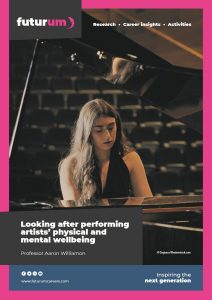
Learn how the Royal College of Music is looking after performing artists’ physical and mental wellbeing:
www.futurumcareers.com/looking-after-performing-artists-physical-and-mental-wellbeing

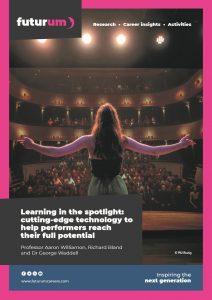
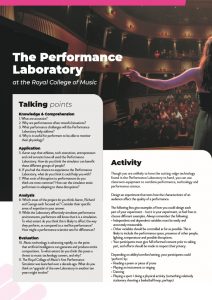
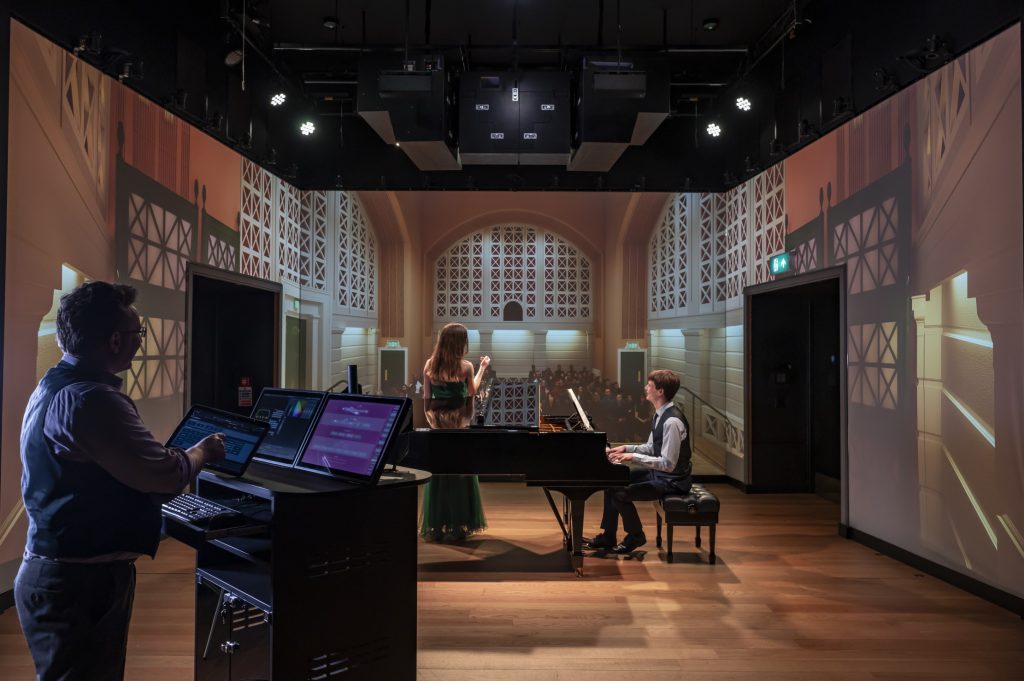
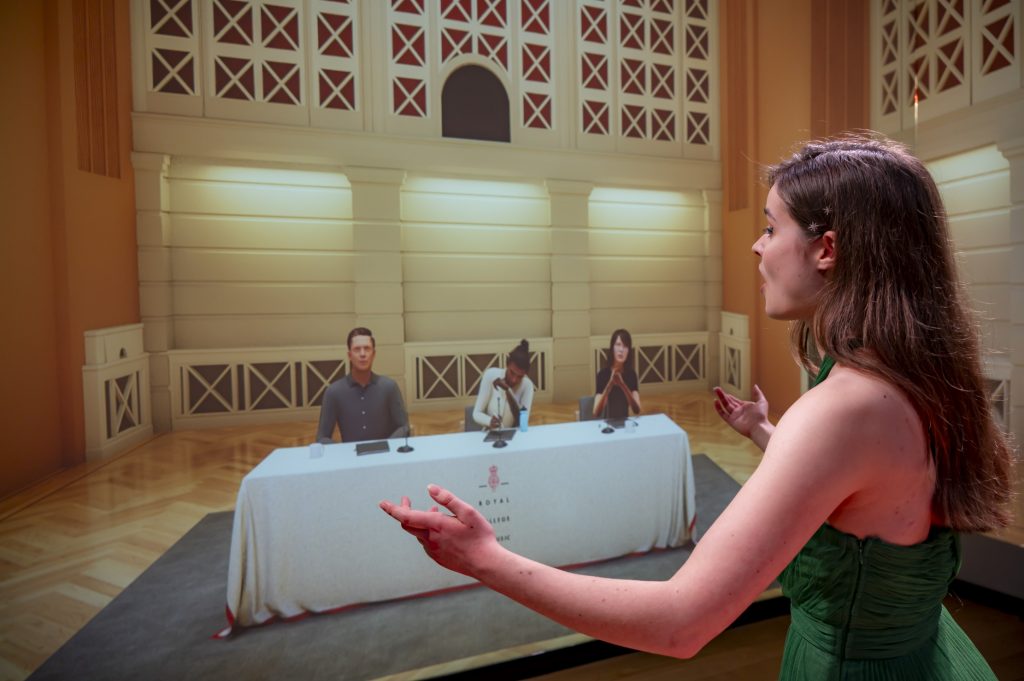
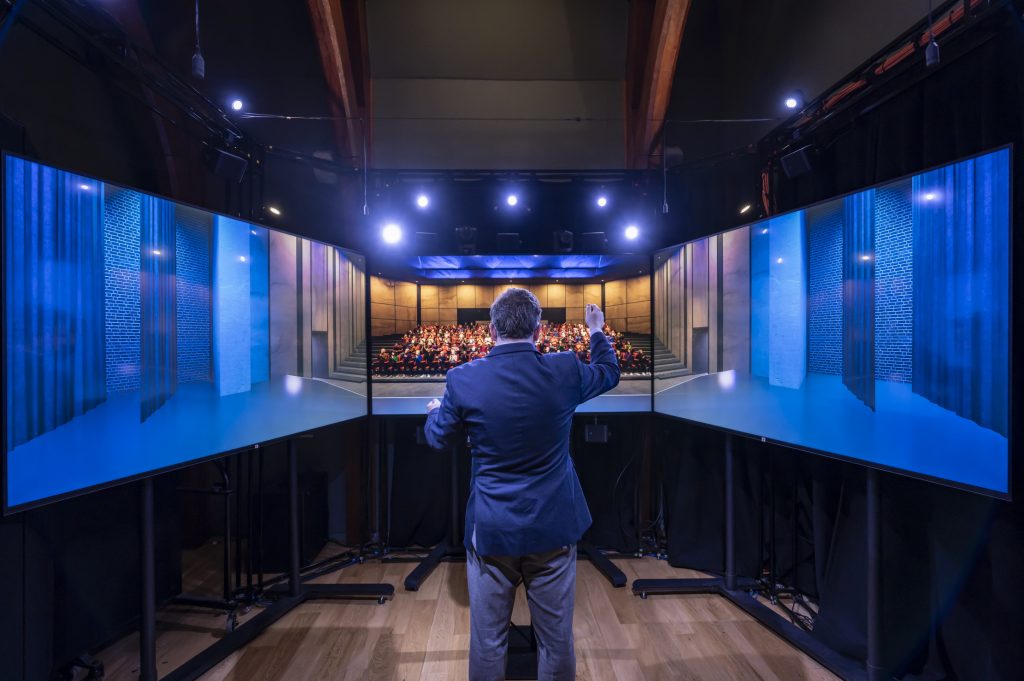
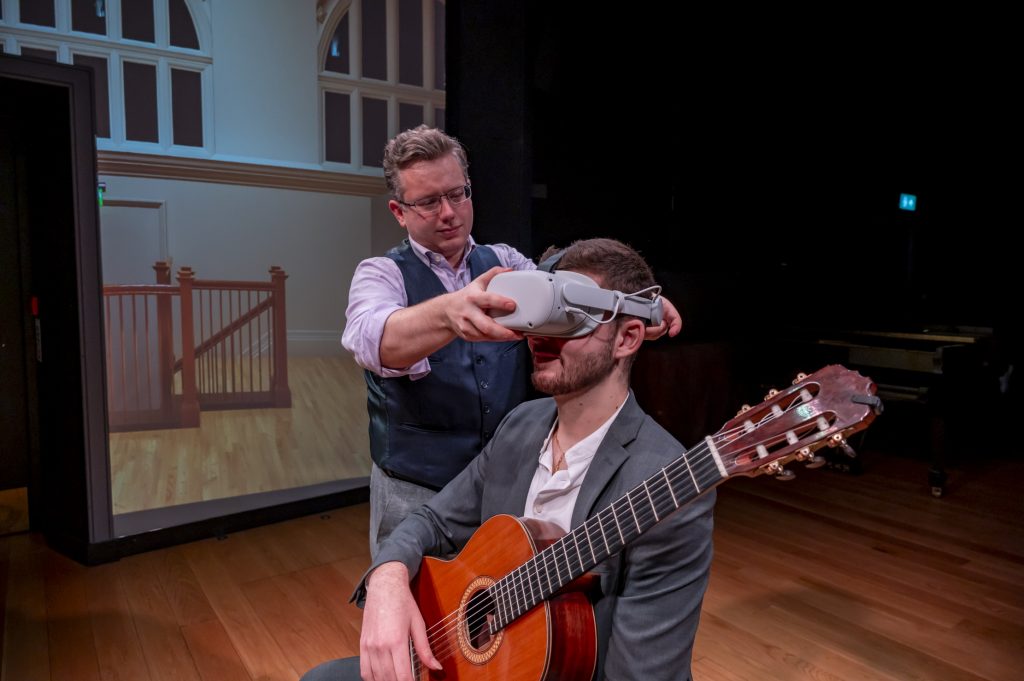
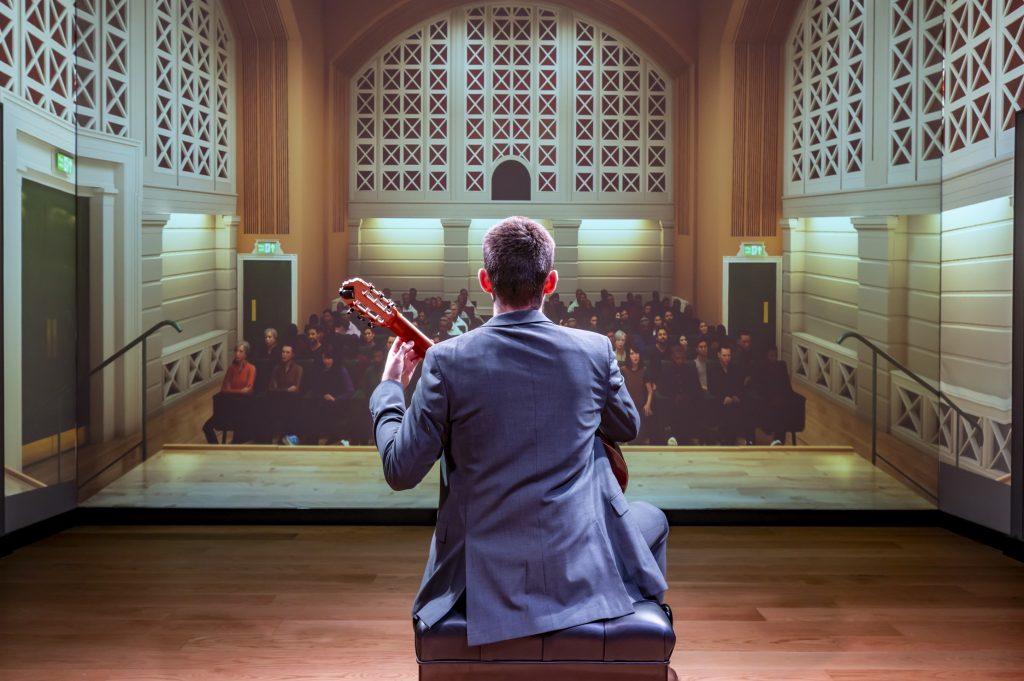
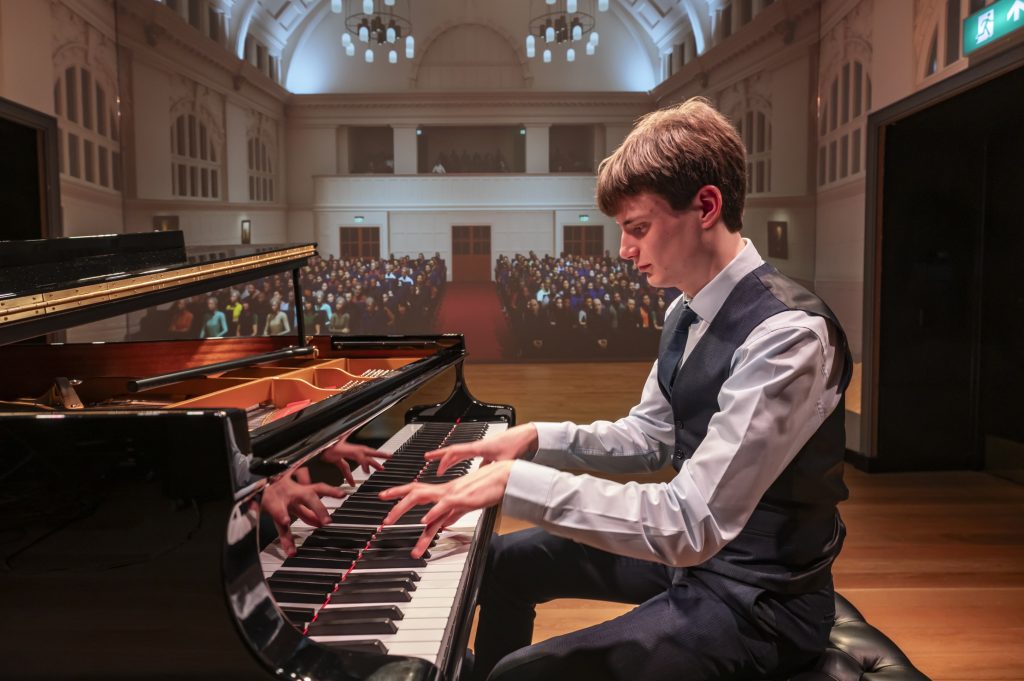
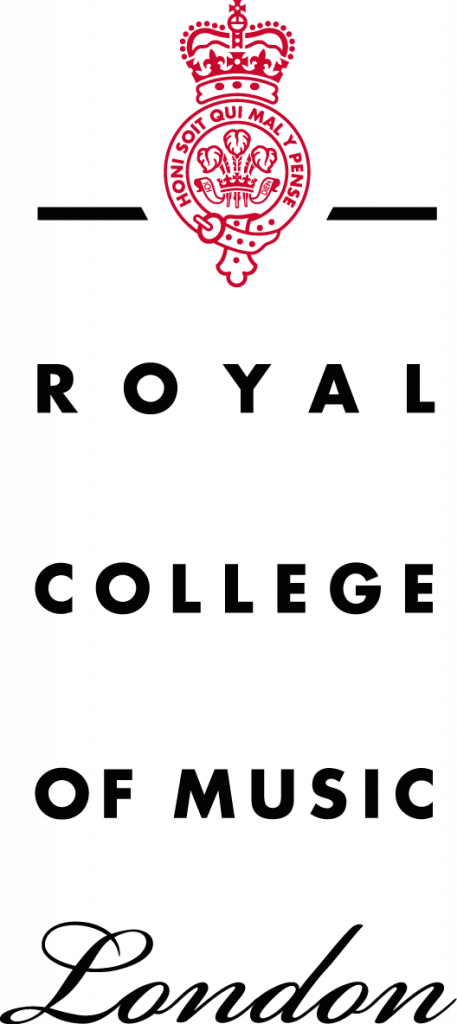
0 Comments